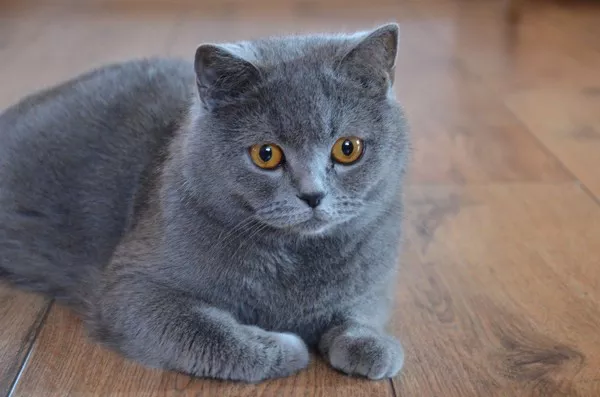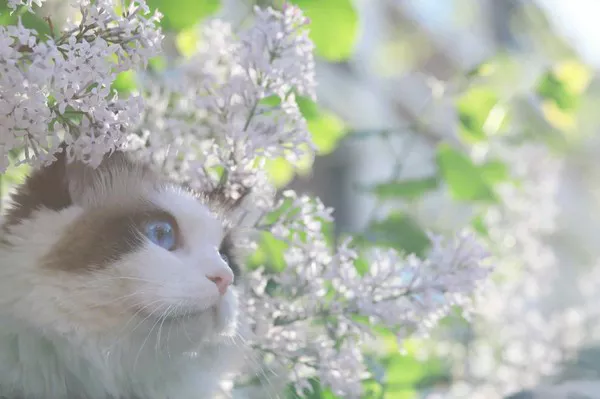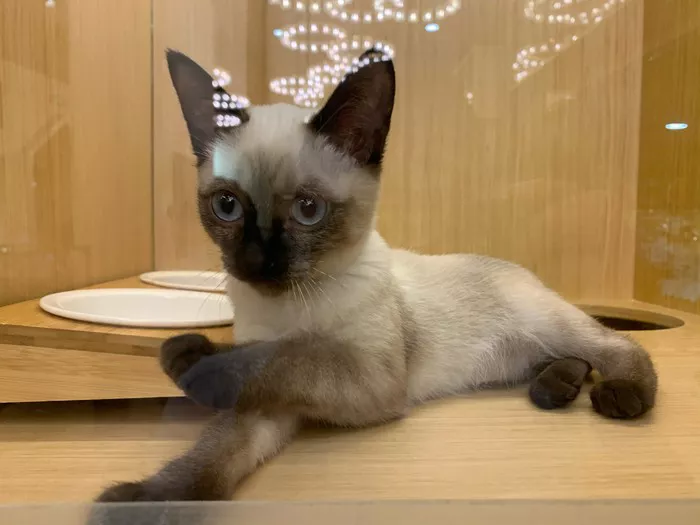Cats are known for their distinctive vocalizations, and while every meow may sound the same to us, these feline sounds convey a variety of messages and emotions. Understanding why your cat meows is key to better communication and care. In this comprehensive guide, we explore ten common reasons behind a cat’s meow and how to interpret and respond to their vocalizations effectively.
1. Communication with Humans
One of the primary reasons cats meow is to communicate with their human companions. They may meow as a way to get your attention, express a need, or simply initiate interaction. Whether they’re greeting you when you come home or requesting playtime, these meows are usually friendly and social in nature.
2. Hunger
Perhaps one of the most recognizable meows is the hungry meow. Cats are known for their punctual eating schedules, and if mealtime is approaching, you can expect your feline friend to remind you with persistent meows. Ensure you’re providing regular, nutritious meals to address this common cause of meowing.
3. Thirst
Just like with hunger, cats may meow to signal their thirst. Ensure your cat always has access to fresh, clean water to prevent excessive meowing due to dehydration.
4. Seeking Attention
Cats are social animals and often crave attention from their owners. If your cat meows persistently and rubs against you or purrs when you respond, they’re likely seeking affection and interaction. Regular playtime and cuddles can help satisfy their need for attention.
5. Discomfort or Pain
Meowing can also indicate discomfort or pain. Cats may meow if they’re experiencing physical distress, such as arthritis, dental problems, or injury. If you suspect your cat’s meowing is due to pain, consult your veterinarian promptly to address the underlying issue.
6. Stress or Anxiety
Cats may meow excessively when they’re stressed or anxious. Changes in their environment, such as moving to a new home or introducing a new pet, can trigger this behavior. Provide a calm and secure environment, and consider consulting a veterinarian or animal behaviorist if your cat’s anxiety persists.
7. Loneliness
If your cat spends long hours alone, they may meow to express loneliness. Cats are social creatures, and they can become vocal when they crave companionship. Consider adopting a second cat to provide them with a feline friend, or enrich their environment with interactive toys and stimulating activities.
8. Territory Disputes
Outdoor cats, in particular, may engage in territorial disputes with other cats in the neighborhood. Meowing and yowling can be part of this territorial communication. If your cat is prone to outdoor disputes, consider keeping them indoors to ensure their safety and reduce conflicts.
9. Aging and Cognitive Decline
As cats age, they may experience cognitive decline, similar to dementia in humans. This can lead to confusion and increased vocalization, often referred to as “nighttime yowling.” Consult your veterinarian for guidance on managing age-related changes in your senior cat.
10. Reproductive Behavior (In Unspayed/Unneutered Cats)
Unspayed or unneutered cats may meow excessively when they’re in heat. Female cats (queens) in estrus often meow to attract male cats (toms), signaling their readiness to mate. Spaying and neutering can alleviate this behavior and prevent unwanted litters.
Responding to Your Cat’s Meows
Understanding the reason behind your cat’s meows is crucial, but responding appropriately is equally important. Here are some tips for responding to your cat’s vocalizations:
Provide Food and Water: If your cat’s meow is hunger or thirst-related, ensure their food and water dishes are filled regularly and on schedule.
Offer Attention: If your cat meows for attention, indulge them with playtime, cuddles, or interactive toys to fulfill their social needs.
Check for Discomfort: If your cat’s meowing appears to be due to discomfort or pain, consult your veterinarian promptly for a thorough examination and appropriate treatment.
Address Anxiety: To help an anxious cat, create a calm environment, provide hiding spots, and consider using pheromone diffusers to reduce stress.
Avoid Punishment: Avoid scolding or punishing your cat for meowing, as this can increase their anxiety and worsen the behavior.
Consult a Professional: If your cat’s meowing becomes excessive, sudden, or concerning, consult your veterinarian or an animal behaviorist for personalized guidance.
Conclusion
Cats communicate with us through their meows, and understanding the reasons behind their vocalizations is essential for providing the best possible care and companionship. By paying attention to their meows and responding appropriately, you can ensure a happy and harmonious relationship with your feline friend. Remember that each cat is unique, so taking the time to learn their individual preferences and needs will help you decode their meows more effectively and strengthen the bond between you and your cat.



























